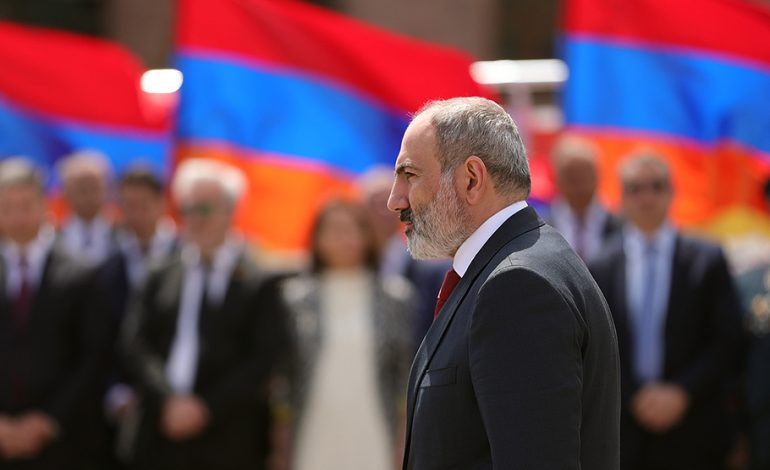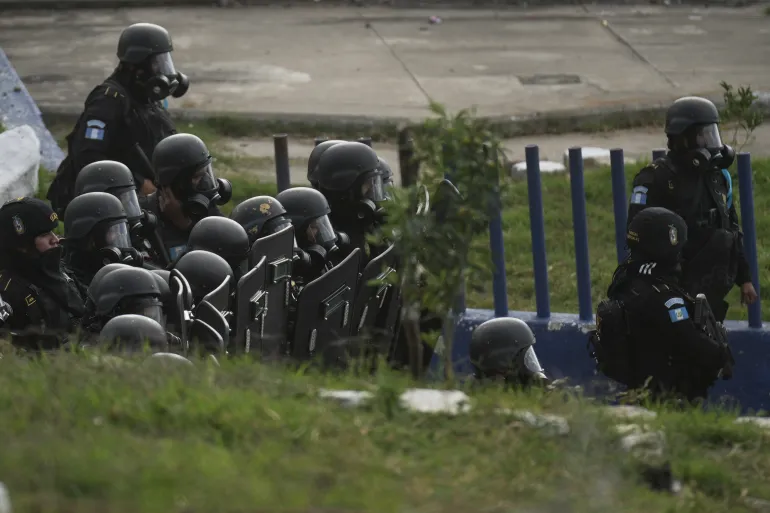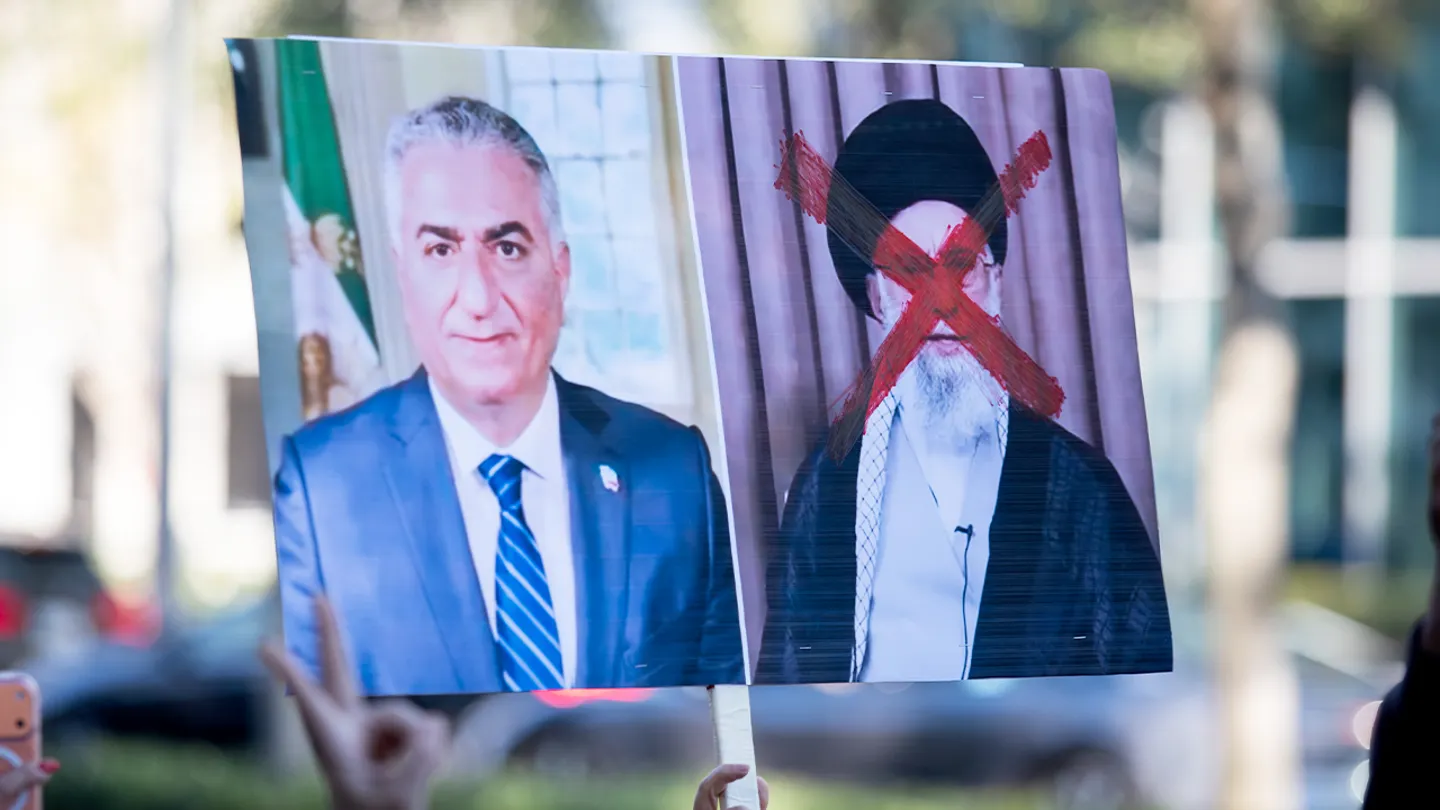EXCLUSIVE: Armenia’s Post-War Leadership Crisis: Justice Undelivered, Security Unsecured

- Published July 17, 2025
Around the world today, politics is getting personal. From Eastern Europe to Latin America, we’re seeing what happens when political loyalties, foreign policy shifts, and internal divisions stop being just debates — and start reshaping entire nations. In these moments, leaders aren’t just ruling, they become symbols of a state’s direction, doubts, and even an identity crisis.
To explore how national leadership can both reflect and speed up broader geopolitical changes, Wyoming Star turned its focus to Armenia — a post-Soviet country situated in Asia between Russia, Iran, and Turkey — and the polarizing path of its Prime Minister, Nikol Pashinyan, as a case study in controversial reform and foreign policy shifts.
For that we once again spoke with Siranush Sahakyan, a leading human rights lawyer and head of the International and Comparative Law Center, to unpack what went wrong and what’s at stake for the country’s future.
From Protester to Prime Minister

When Nikol Pashinyan came to power in 2018, he was seen as the face of a new chapter for Armenia — a fresh start built on promises of democracy, transparency, and breaking free from corrupt elites. A former journalist and activist, he led a peaceful “Velvet Revolution” that captured public imagination and swept him into the prime minister’s office.
But seven years on, the picture looks very different: Armenia is grappling with serious security threats, political instability, lingering corruption, and a justice system that many say is now tightly controlled by the executive.
According to Mrs. Sahakyan, Pashinyan at his core is a political outsider who built his career by opposing the establishment:
“His leadership style — populist, centralized, and highly personalized — was effective in mobilizing public support but less successful in institutional reform and strengthening statehood. Many of Armenia’s long-standing problems, including weak state institutions and overreliance on external security guarantees, remain unresolved, posing a risk of state collapse,” she says.
When it comes to Pashinyan’s core ideological and geopolitical orientations, Mrs. Sahakyan explains that the prime minister has gradually steered Armenia’s foreign policy toward the West, building stronger ties with the EU and the U.S., outlining reforms and democracy as key goals.
But despite the shift in tone, Armenia hasn’t fully broken away from its long-standing alliance with Russia, the expert notes. When it comes to crucial areas like security and energy, the country is still deeply tied to Moscow, leaving little room for a real change in direction.
“This disingenuous posture has left Armenia dangerously exposed. Moscow has grown openly hostile, punishing Yerevan’s drift by withdrawing its security umbrella. Western partners, for their part, have offered rhetorical support but have not provided tangible security guarantees. The result is a strategic vacuum, exploited by an increasingly aggressive Azerbaijan and a triumphant Turkey,” Mrs. Sahakyan says.
When Promises Meet the Battlefield
Overall, Pashinyan’s leadership has led to “deepening Armenia’s regional security vulnerabilities,” the expert argues, referring to the deadly clashes with neighboring Azerbaijan over the long-disputed region of Nagorno-Karabakh which renewed in 2020.
“His [Pashinyan’s] handling of the Nagorno-Karabakh conflict exposed critical failures in military preparedness, strategic planning, and diplomatic judgment. He underestimated Azerbaijan’s military ambitions and overestimated Russia’s willingness to intervene,” Mrs. Sahakyan says.
Things got even worse in September 2023, when Azerbaijan took full control of Nagorno-Karabakh, according to the lawyer. Despite earlier promises to defend the region’s Armenian population, Pashinyan’s government didn’t take any real steps to stop it. That led to over 100,000 Armenians fleeing and the near-total disappearance of Armenian life in Artsakh [the original Armenian name for the breakaway region of Nagorno-Karabakh – ed.].
For many, this wasn’t just a major misstep — they see it as a deliberate trade-off, possibly linked to quiet deals with foreign backers who helped pave Pashinyan’s way to power back in 2018, Mrs. Sahakyan argues.
“In this view, the loss of Artsakh was not merely a failure of leadership, but the price paid for gaining political power through revolution,” the expert warns.
The Pashinyan Paradox
According to Mrs. Sahakyan, Pashinyan remains a paradoxical figure in his country, with his approval ratings notably felll, and trust in state institutions is low. Yet, he continues to win elections “not out of renewed enthusiasm, but because the opposition is fragmented, discredited, or openly nostalgic for the pre and post revolutionary order”.
Nikol Pashinyan’s ruling shows how fragile democratic change can be in parts of the world caught between bigger powers, the lawyer argues. His story isn’t just about one man’s rise — it’s about a country struggling to hold on to its independence in a world where interests usually beat ideals. Armenia’s shot at democracy is now unfolding under the weight of lost land, regional loneliness, and deep public trauma.
Still, despite all the frustration, no real contender has stepped up with enough backing to seriously challenge Pashinyan’s grip on power.
This has allowed Pashinyan to maintain a fragile political hold, less out of renewed popularity and more due to a fragmented opposition,” Mrs. Sahakyan says.









The latest news in your social feeds
Subscribe to our social media platforms to stay tuned